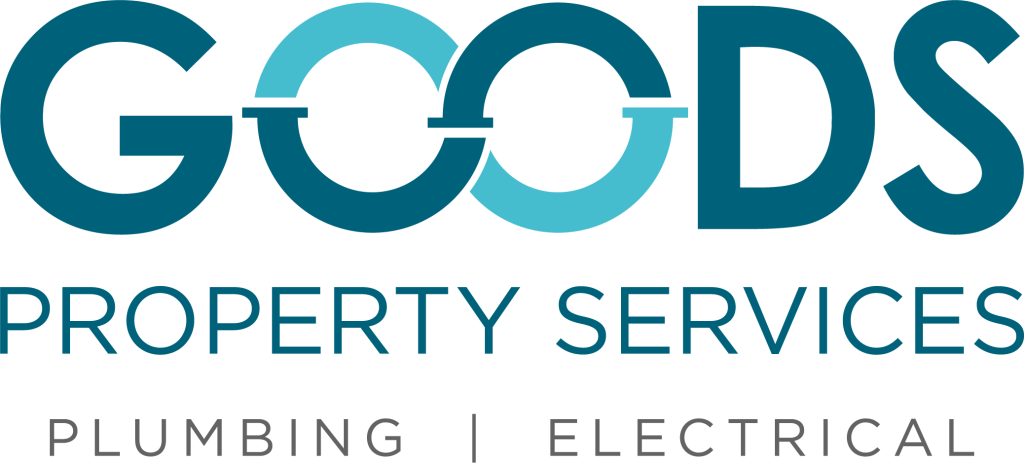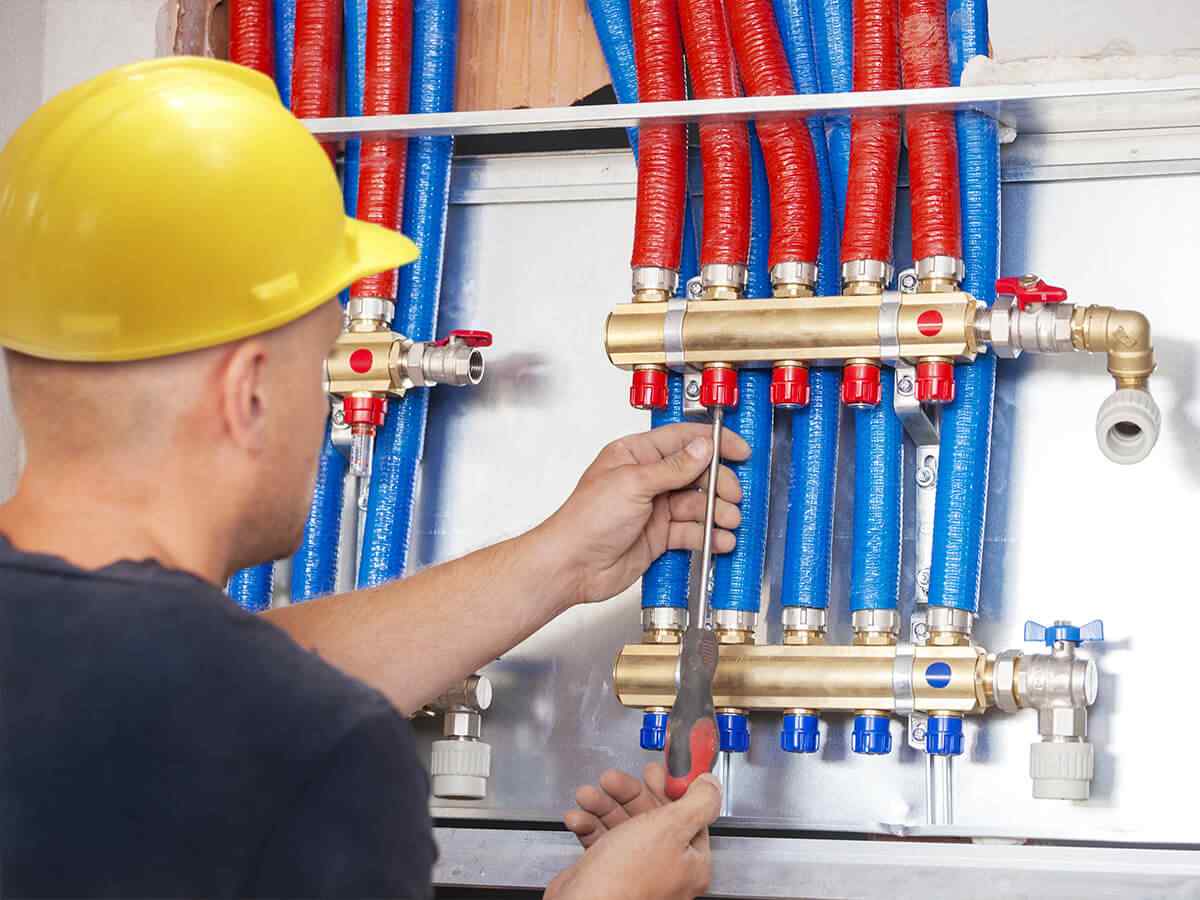When you regularly inspect and service your plumbing system, this is preventative plumbing maintenance. It will stop any issues from arising and allow you to prevent them from getting too bad before they get to that point.
It’s a proactive approach to take for your plumbing and it’s essential as a homeowner if you want to avoid costly repairs. If you want to ensure that your plumbing infrastructure lasts a long time, here are some of the tips that you need to make sure that it does.
Common Plumbing Issues Faced by Homeowners
There are a range of common plumbing issues faced by homeowners from leaking faucets and pipes that can lead to water wastage and water damage, to clogged drains and toilets, which can cause blockages and slow drainage.
If you have low water pressure, this indicates possible issues within the fixtures or the pipes themselves and water heater problems and malfunctions can result in cold showers and ineffective heating, which is just not what you want. The other option out there that you might face is sewer line issues, which can cause backups and unpleasant odors, and nobody wants to have that kind of smell hanging around their home.
Benefits of Preventive Plumbing Maintenance
Preventative plumbing maintenance is a smart idea. Not only will you save money in the long run by addressing the issues early you’ll extend the lifespan of your fixtures. With regular maintenance, you keep your fixtures in optimal condition and avoid those costly repairs you’re worrying about.
Preventative plumbing maintenance also allows you to avoid any emergency repairs because regular inspections will catch problems before they can escalate into something that you cannot fix. Also, you have to consider the fact that you will be able to maintain a healthy living environment for you and your family by preventing mold and mildew growth from any potential water leaks that you have now avoided.
Preventive Plumbing Maintenance Tips
There are several things that you can do when it comes to preventive plumbing. Some of those things include the following:
- Check for leaks in your faucets, pipes and appliances. If you spot any leaks or any signs of leaks, you can keep on top of these with a quick fix.
- Don’t flush anything unless it’s biodegradable trash cans should be used for disposal instead of the toilet, including for baby wipes, bleach wipes, and anything that isn’t pee paper or poop.
- Use dream catchers to prevent any clogs in your sinks and showers and that way you can trap the debris without having to dig down to get it out.
- Pay for an annual water inspection.
- Schedule professional plumbing inspections.
DIY vs Professional Maintenance
There are some things you can do with your home plumbing yourself, such as checking for leaks and using drain catchers, but you should always hire a professional plumber for any complex issues or if you don’t know how to fix something you’ve come across. Choosing A reputable plumber with the proper licensing and insurance allows you to have that quality service that you’ve been looking for.
With regular preventative plumbing maintenance you’ll be able to avoid any repairs and extend your plumbing fixtures lifetime.


